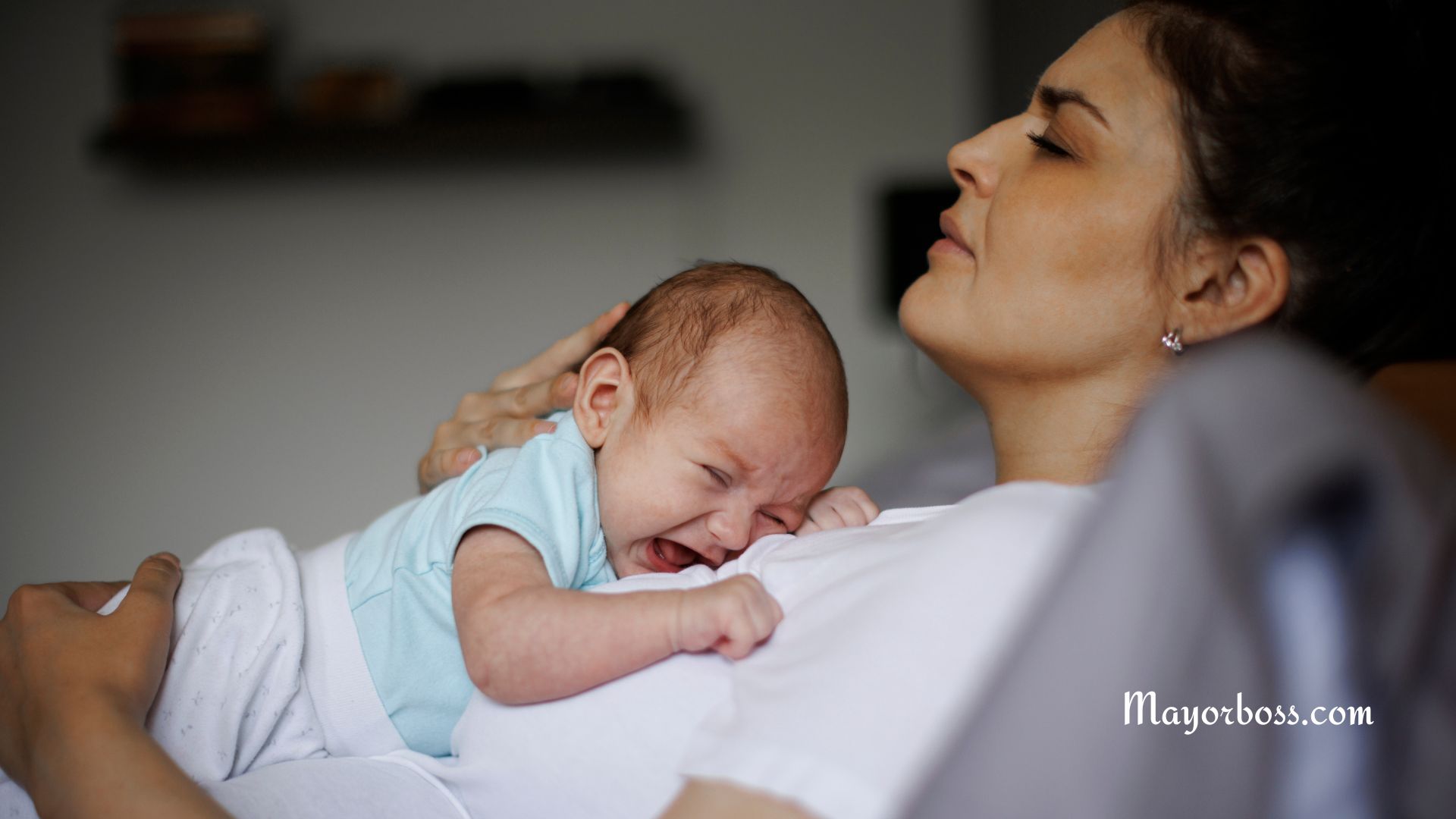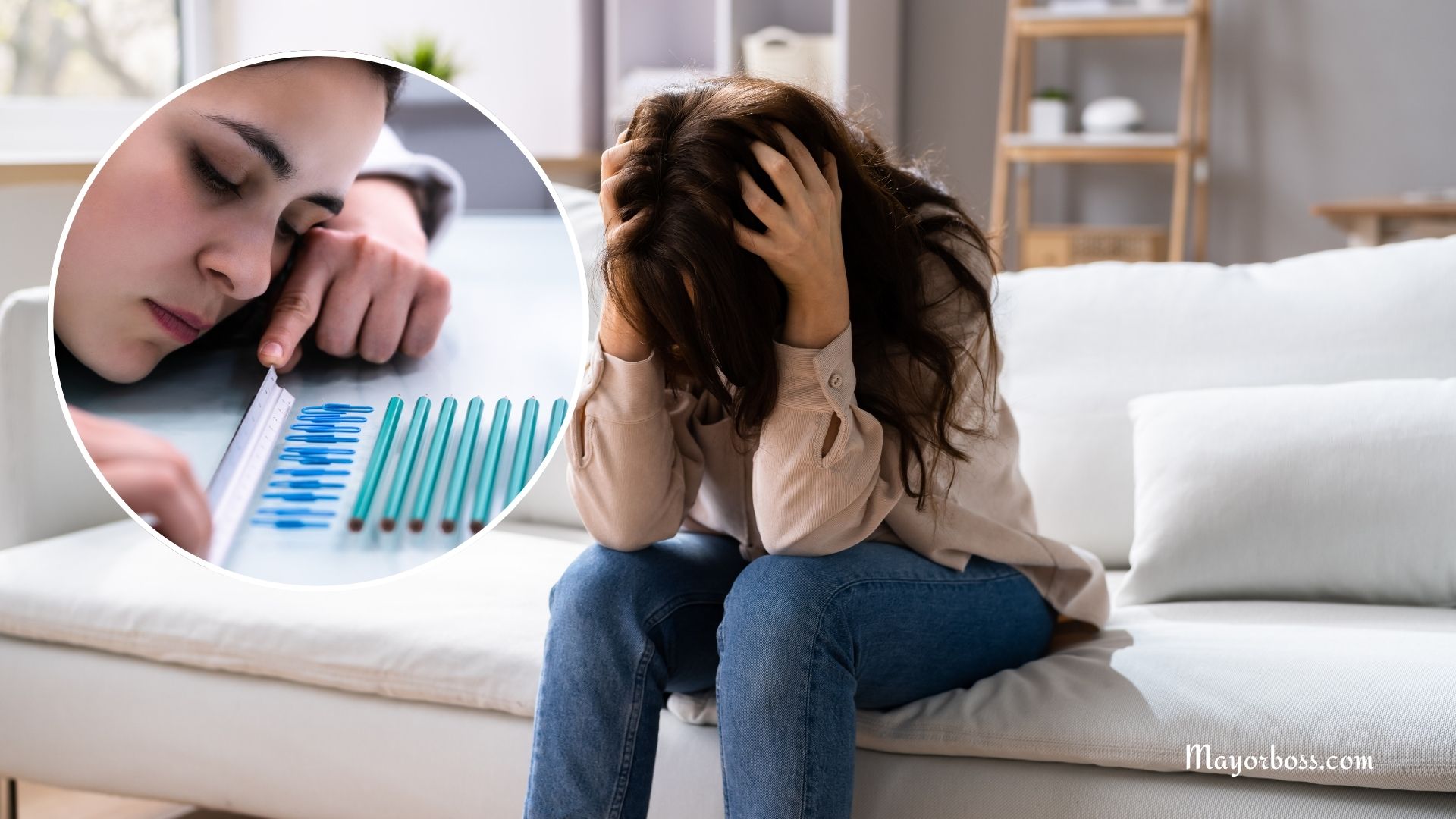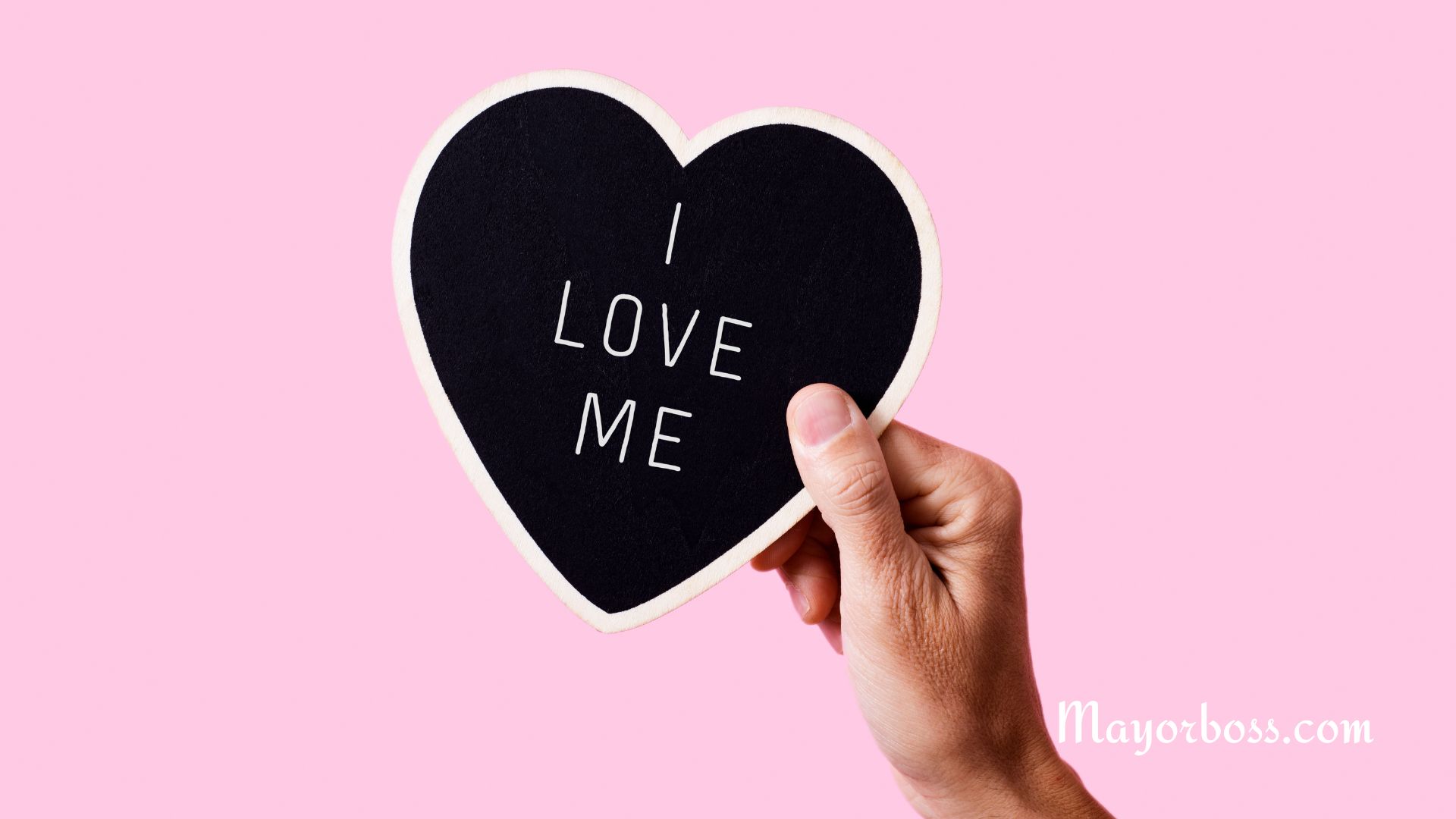Signs of Postpartum Depression: What You Need to Know
Summary: Postpartum depression is a mood disorder that can affect women after childbirth. Moms with postpartum depression may experience strong feelings of sadness, anxiety, and exhaustion that make it difficult to complete daily care activities for themselves or others. It’s more severe than the “baby blues” and requires medical attention for proper treatment.

What Exactly is Postpartum Depression?
After giving birth, many women experience what’s commonly known as the “baby blues,” characterized by mood swings, crying spells, and difficulty sleeping. However, when these symptoms persist and intensify, it could be a sign of postpartum depression (PPD). Unlike the baby blues, which usually subside within a week or two, PPD can last much longer and have a significant impact on your ability to function.
Common Symptoms of Postpartum Depression
Emotional Signs
- Feeling Overwhelmed: You may feel like you just can’t handle being a mom or that you’re not good enough for your baby.
- Constant Worry: Anxiety about your baby’s health or your own capability as a parent can be overwhelming.
- Sadness and Hopelessness: These feelings can be intense and make you feel detached or indifferent toward your baby.
Physical Signs
- Lack of Energy: Feeling constantly tired despite getting enough sleep is common.
- Appetite Changes: You might lose your appetite or, conversely, eat more than usual.
Behavioral Indicators
- Withdrawing from Loved Ones: A lack of interest in socializing is often observed.
- Neglecting Self-Care: Such as not showering or changing clothes for days.
Risk Factors: What Makes You More Susceptible?
Certain factors can make you more likely to develop postpartum depression:
- History of Depression: If you’ve had depression before, your risk is higher.
- Stressful Life Events: Such as financial difficulties or relationship problems.
- Lack of Support: Limited emotional support from family and friends can contribute to PPD.
When to Seek Help
If you’re experiencing these symptoms, consult a healthcare provider for a diagnosis and treatment plan. Treatment usually involves therapy, medication, or a combination of both. Moreover, in people with severe PPD, hospitalization may be required.
Prevention and Coping Strategies
Although you can’t entirely prevent PPD, some measures may help reduce the risk:
Lifestyle Changes
- Regular Exercise: Physical activity releases endorphins, which can improve your mood.
- Balanced Diet: Eating foods rich in vitamins and minerals can support mental health.
Emotional Support
- Talk Therapy: Speaking with a therapist can provide valuable coping strategies.
- Social Support: Lean on your family and friends; don’t isolate yourself.
While postpartum depression can be a challenging condition, know that help is available. The sooner you seek treatment, the faster you can start enjoying your life and your new baby.
Frequently Asked Questions
What is the Difference Between Baby Blues and Postpartum Depression?
Baby blues are common feelings of sadness, mood swings, and irritability that many new mothers experience shortly after childbirth. These symptoms typically appear within the first few days after delivery and go away on their own within a week or two. On the other hand, postpartum depression involves more severe and prolonged symptoms like intense sadness, hopelessness, and exhaustion. These feelings can last for weeks or even months, making it difficult to care for yourself and your baby. So, if your symptoms persist or worsen, it’s likely a sign of postpartum depression, and time to seek professional help.
Are There Physical Symptoms of Postpartum Depression?
Yes, in addition to emotional symptoms like sadness and anxiety, physical symptoms can manifest as well. For example, you might experience changes in your appetite, either eating too much or too little. Lack of energy is another physical symptom; you might feel perpetually tired, even if you’re getting adequate sleep. If you notice any of these symptoms, it’s essential to consult a healthcare provider for a proper diagnosis.
Can Dads Get Postpartum Depression Too?
Interestingly, new fathers can also experience symptoms of postpartum depression, although it’s less common. Symptoms in men might include feelings of sadness, irritability, and withdrawal from family activities. The stresses of new parenthood, coupled with sleep deprivation and changes in the relationship with their partner, can contribute to these symptoms. Therefore, if a new father is experiencing these signs, it’s important for him to seek medical advice as well.
How is Postpartum Depression Treated?
Treatment for postpartum depression often involves a combination of medication and therapy. Antidepressant medications can help balance the chemicals in your brain, improving your mood. Concurrently, cognitive behavioral therapy or other forms of psychotherapy can provide you with coping strategies. In severe cases, hospitalization may be necessary. The earlier you get treatment, the quicker you’ll start to feel better, so don’t hesitate to reach out to a healthcare provider.
Can Postpartum Depression Be Prevented?
While there’s no guaranteed way to prevent postpartum depression, some strategies might help reduce your risk. Lifestyle changes such as regular exercise and a balanced diet can have a positive impact on your mental health. Additionally, emotional support is crucial; talk therapy and leaning on friends and family can provide you with valuable coping mechanisms. If you have a history of depression or other risk factors, inform your healthcare provider; they may recommend preventive treatment to manage symptoms early on.
Further Reading: 7 Signs of Depression in Women






